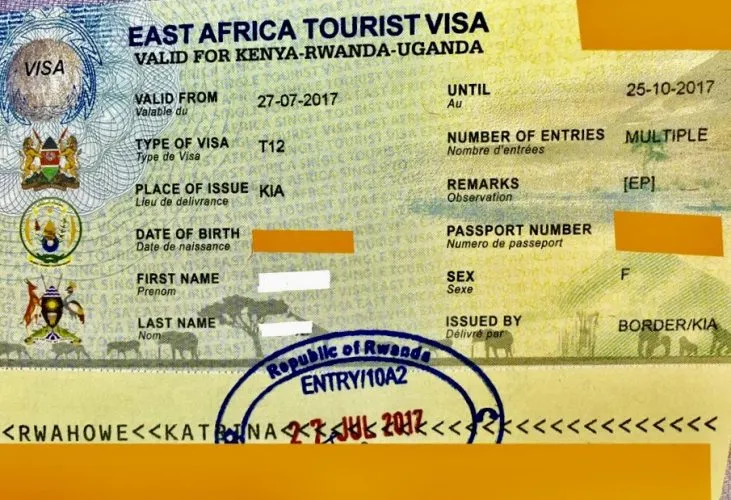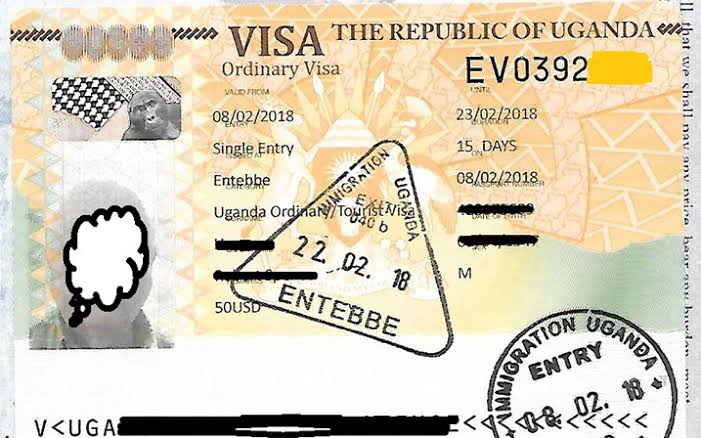What’s Unique About Rwanda’s History?
Rwanda, often known as the “Land of a Thousand Hills,” is a country that has etched itself in the annals of history for a variety of reasons. While it is often associated with the tragic 1994 genocide, its story is much more complex and inspiring than that. The history of Rwanda is a testament to resilience, transformation, and the remarkable power of unity. It’s a history that is filled with both deep sorrow and incredible triumph. Let me walk you through some of the most unique aspects of Rwanda’s past.
A Heartbeat Amidst the Hills: The Pre-Colonial Era
To understand Rwanda’s history fully, we must first look at its roots before colonial influence. Rwanda’s people mainly the Hutu, Tutsi, and Twa lived in relative harmony for centuries. The early history of Rwanda is one of a deeply interconnected society that revolved around cattle, agriculture, and a shared sense of identity.
Rwanda was once a kingdom, ruled by a monarch whose authority was deeply respected. The kingdom had its own unique social structure, one that was based not on ethnicity alone but on the roles people played within society. Though there were distinct groups (Hutu, Tutsi, and Twa), it wasn’t as rigid as it might seem at first glance. In fact, the Tutsi, often considered the aristocracy, and the Hutu, who were more agricultural, shared many similarities and had long periods of peaceful coexistence.
What is perhaps most remarkable is that Rwanda, without the same type of external influences as other parts of Africa, developed a highly organized and centralized monarchy. The kingdom’s political stability and structure allowed Rwanda to thrive in an otherwise volatile region, laying the foundation for what would become a unique narrative for centuries to come.
Colonial Shadows: Belgian Influence
However, things took a dramatic turn with the arrival of Belgian colonizers in the early 20th century. Rwanda, which had been an independent kingdom for centuries, was now under Belgian rule, which brought with it a system of governance that would forever alter the fabric of the nation. The Belgians, in an attempt to streamline control, exacerbated the social differences between the Hutu and Tutsi.
The Belgian colonizers introduced the idea of racial classification through identity cards that clearly distinguished Hutu from Tutsi. This divide-and-rule strategy deepened the gap between the two groups, fostering a sense of competition and distrust that hadn’t existed before on such a large scale. What had once been a flexible social structure now became more rigid and hierarchical. Rwanda’s colonial history thus set the stage for much of the ethnic tension that would tragically unfold later.
The Road to Independence: A Glimmer of Hope
Rwanda’s push for independence came in 1962, a time when many African nations were shaking off colonial rule. Like other African nations, Rwanda dreamed of a future free from colonial oppression. However, independence did not bring the lasting peace that people had hoped for. The transition was marked by political instability and rising ethnic tensions.
When Rwanda gained independence from Belgium, the Hutu majority, who had long been subjugated under the Tutsi-dominated monarchy, took control of the government. The new Hutu leadership sought to reverse the roles of power, and this shift created a volatile political environment. Rwanda, now independent, entered a period of ethno-political tension, where the struggle for dominance between the Hutu and Tutsi would simmer under the surface, leading to catastrophic consequences in the years ahead.
The Genocide: A Nation Shattered
The most defining and painful chapter of Rwanda’s history came in 1994 when the nation witnessed one of the most horrific genocides the world has ever seen. In a span of just 100 days, an estimated 800,000 people mostly Tutsi were systematically murdered by extremist Hutu forces. What makes the Rwandan genocide particularly tragic is how it shattered families, communities, and an entire nation in such a short amount of time.
The genocide was fueled by longstanding ethnic divisions, exacerbated by years of colonialism and political instability. But what truly makes the Rwandan genocide unique is the sheer speed and brutality with which it unfolded. It is a reminder of how dangerous unchecked hatred and political manipulation can be.
But beyond the grief and destruction, there is a powerful story of recovery, reconciliation, and healing. The tragedy did not define Rwanda; rather, it marked the beginning of a new chapter in its history.
Rising from the Ashes: The Rebirth of Rwanda
If there is one thing that makes Rwanda’s history truly unique, it is the country’s incredible ability to rebuild itself after the genocide. The years following the tragedy were marked by immense challenges, but Rwanda has become a symbol of resilience and reconciliation.
Under the leadership of President Paul Kagame, Rwanda embarked on a journey of healing and nation-building. The government initiated a range of programs focused on national unity, including the Gacaca courts, a community-based system for justice and reconciliation. These courts allowed ordinary Rwandans to confront the perpetrators of the genocide in an open and community-oriented manner, fostering dialogue and accountability.
Rwanda also focused heavily on economic development, investing in infrastructure, healthcare, and education. In just a few decades, the country’s economy grew at an impressive rate, lifting millions out of poverty. It became a beacon of stability in a region that had been plagued by conflict for so long.
What’s truly remarkable is how Rwanda’s society has actively embraced unity. The government abolished ethnic labels, and people are encouraged to identify as Rwandans first and foremost, rather than by their Hutu or Tutsi identities. This shift has played a crucial role in preventing further ethnic divisions and creating a stronger, more cohesive nation.
Rwanda Today: A Global Model of Transformation
Rwanda is now recognized globally for its remarkable transformation. From a nation torn apart by genocide to one of Africa’s fastest-growing economies, Rwanda stands as a testament to the power of collective effort, vision, and an unwavering commitment to peace.
What sets Rwanda apart is its focus on sustainable development, gender equality, and environmental conservation. The country has become a leader in promoting female participation in the workforce and government, with women making up a significant portion of the parliament. Rwanda is also making strides in sustainability, with ambitious environmental policies and a commitment to preserving its natural beauty.
The country’s leadership has fostered a culture of accountability, making sure that the horrors of the past are never forgotten, but also ensuring that the future remains bright for future generations. Visitors to Rwanda are often struck by how deeply the nation values education, unity, and respect for the environment.
What We Can Learn from Rwanda’s History
Rwanda’s history teaches us many valuable lessons. Perhaps the most powerful lesson is the importance of reconciliation and the healing process after conflict. The Rwandan story is one of moving forward, not forgetting, but embracing the future with hope and resilience.
It also teaches us about the impact of unity. Rwanda’s journey from division to unity is a powerful reminder that when a nation comes together, incredible things can happen. Despite the deep wounds inflicted by the genocide, Rwanda has demonstrated that it is possible to heal, rebuild, and thrive.
Rwanda’s unique history proves that a country’s future is not solely determined by its past. In the face of unimaginable tragedy, Rwanda has chosen to rise, to embrace a new path, and to become an example of what is possible when a society unites for a common good.
Conclusion
Rwanda’s history is a tapestry of triumphs and tragedies, but it is also one of transformation and hope. From its ancient kingdoms to the horrors of the genocide, and finally to its impressive resurgence, Rwanda has proven that no matter how dark the past may be, there is always room for light. Rwanda is not just a nation it is a living symbol of the resilience of the human spirit, showing the world that even in the most difficult circumstances, healing, unity, and progress are not only possible but can lead to profound change. Rwanda’s history is, indeed, one of the most unique and inspiring stories the world has ever known.



